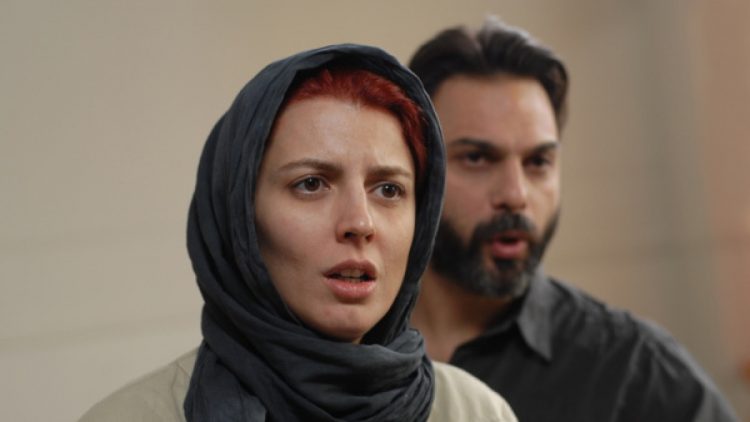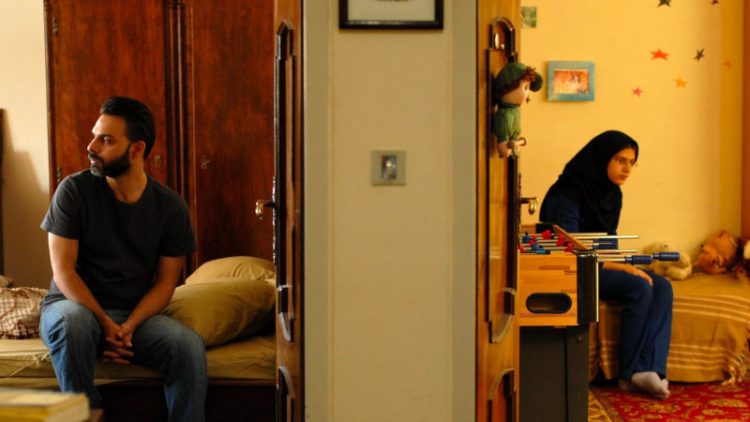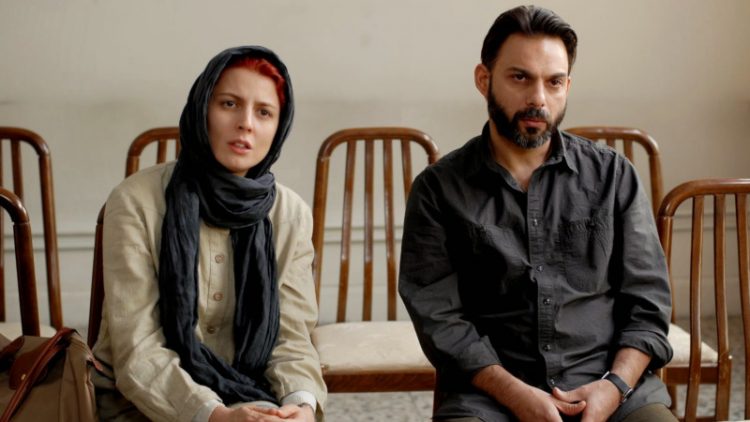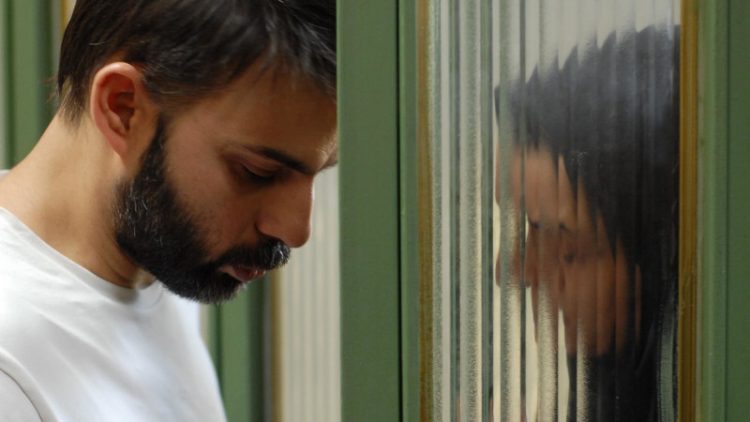
Credit: A Separation
Asghar Farhadi is one of the best directors ever sitting on a director’s chair. It will come as no surprise to admirers of the Iranian writer-director that his films have garnered multiple accolades and acclaim despite filming in a country with significant censorship. However, since the modern era of Iranian films began back in the 70s, it is evident how far they’ve come to place Iran on the filmography map and, more so, emphasize the importance of international films to the collection of films worldwide. Set in contemporary Iran, A Separation is a compelling drama about the dissolution of a marriage. Simin (played by Leila Hatami) wants to leave Iran with her husband Nader (played by Peyman Moaadi) and daughter Termeh (played by the director’s daughter, Sarina Farhadi). Simin sues for divorce when Nader refuses to leave behind his Alzheimer-suffering father. Her request having failed, Simin returns to her parent’s home, but Termeh decides to stay with Nader. When Nader hires a young woman to assist his father in his wife’s absence, he hopes his life will return to normal. However, when he discovers that the new maid has been lying to him, he realizes that there is more on the line than just his marriage.

Credit: A Separation
We live not in a black-and-white world but gray areas.
The premise may not sound as exciting as an award-winning film would, but that’s not what makes A Separation great. The execution by Farhadi does. Farhadi doesn’t want us to make a judgment; he allows us to watch, observe, and leave the theater with a big fork in front of us. It seems that any single decision creates another world full of forks and paths not taken. All the film does is pose questions to the audience: what is legally right or wrong, and what is morally right or wrong? When nobody is guilty, and the line between black and white is so dim, you can’t leave your seat even for one second because the story never lets you free for even a moment.

Credit: A Separation
The authentic representation of the Iranian people and their culture makes A Separation a genuine masterpiece.
It is true that filmmakers in Iran cautiously tread the line between freedom of expression and censorship since anything perceived to be critiquing the government is not met with enthusiasm. Several filmmakers have been incarcerated, and House of Cinema, Iran’s professional organization for the Iranian film community, was dissolved by the Ministry of Culture. Therefore, the accomplishment of producing a film such as A Separation without any government support is awe-inspiring. At some point, the movie’s production ground to a halt due to the repercussions of Asghar Farhadi’s vocal support for other filmmakers who have faced persecution from the government for their liberal opinions in their work. Nevertheless, Farhadi allows us to peer into Iranian culture and get a deeper understanding without presenting any biased outlook. In one particular scene, when the nurse taking care of Nader’s father finds that he has soiled his pants and has to take care of him, she becomes concerned that she must undress and touch his skin. She, therefore, decides to call religious support to inquire if undressing and touching Nader’s father in this state is an insult to Allah. Most viewers will find it interesting that nurses are not in such difficulties in most Western countries. Additi
nally, when the nurse attempts to get her husband hired for the job of taking care of Nader’s father, she fails to mention to him that she was previously performing that role as she knows her husband would be furious. Such small details help us understand Iranian culture’s nuances and intricacies. Though some details might not sit well with the general audience, Farhadi deserves a lot of credit for this authentic unsullied portrayal.

Credit: A Separation
The international film scene has much to offer than just brilliant directors.
Asghar Farhadi deservedly received a lot of praise for his brilliance and finesse shown throughout the film, but he couldn’t have done it without the cast he picked to play these roles. Peyman Moadi reunites with Farhadi a second time, having featured in his earlier film About Elly, and although he was a supporting actor in the previous film, his casting as the protagonist in A Separation highlights his strengths as an actor, a role which won him the Silver Bear for Best Actor award at the Berlin Film Festival, an award he shared with his fellow actors Shahab Hosseini, Ali-Asghar Shahbazi and Babak Karimi. Similarly, Leila Hatami flawlessly complements Peyman Moadi, earning critical acclaim among actors and winning the Silver Bear Award for Best Actress, an award she shared with her fellow actresses Sarah Bayat, Kimia Hosseini, and Farhadi’s daughter, Sarina Farhadi. For both the actor and actress ensemble to win these awards is a tremendous feat that speaks volumes about the cast’s essence in this story.international films
 Follow Us
Follow Us





